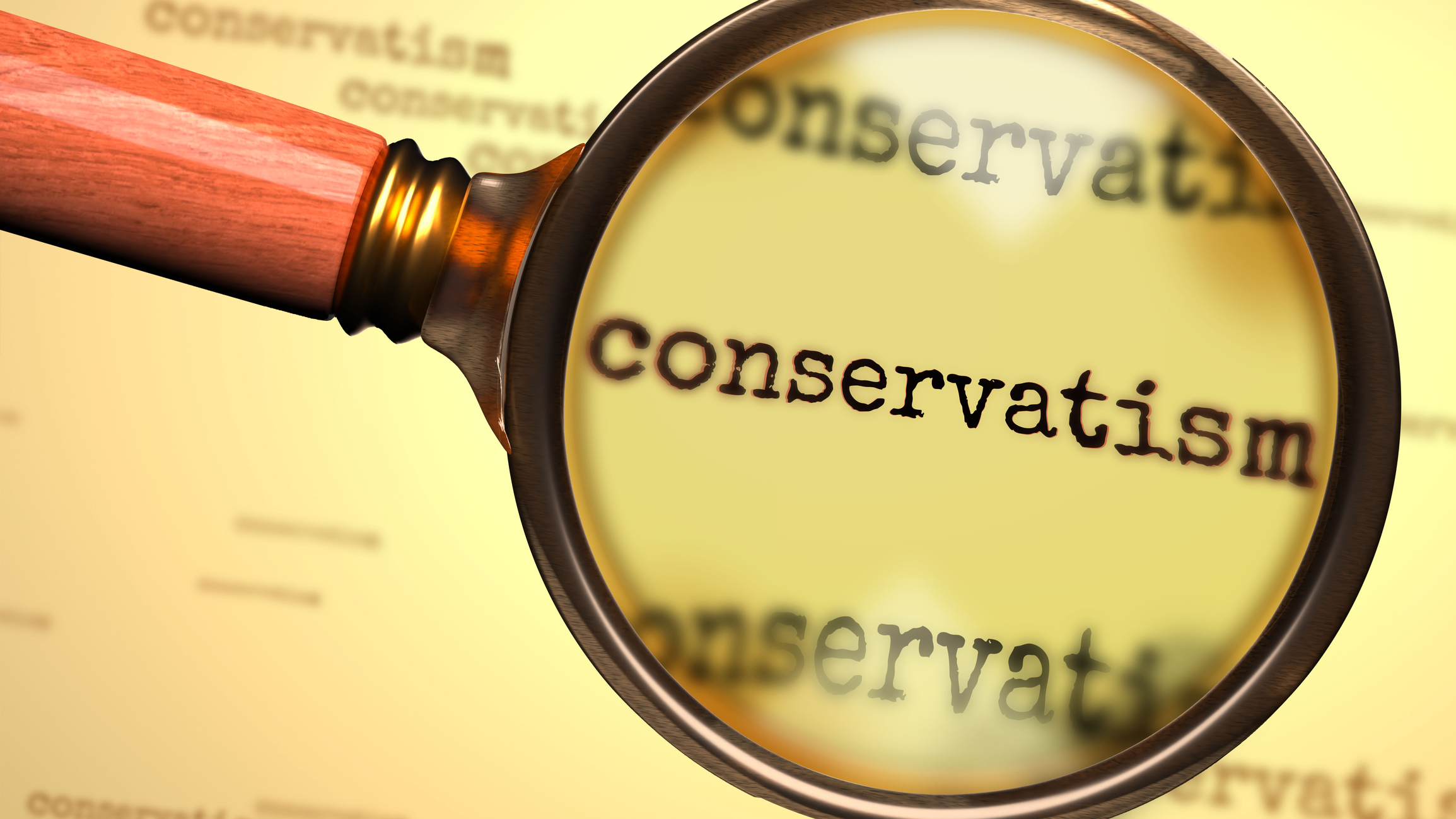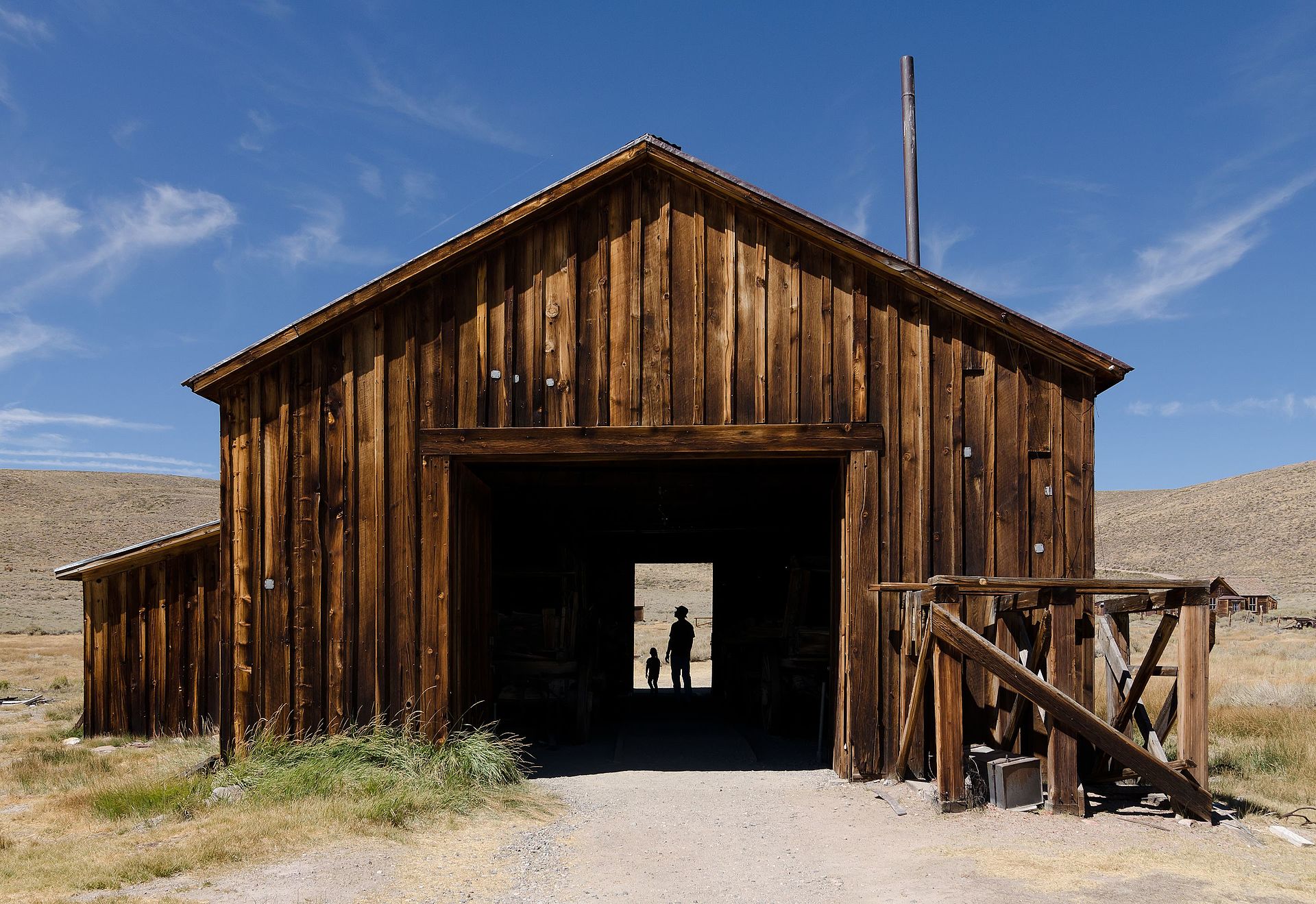Or die waiting for a narrative to save you.
Preparing the Way Ahead

Forging a new political alliance at National Conservatism II
In the summer of 2019, just a few months before the onset of the pandemic, a few dozen right-leaning intellectuals met in Washington, D.C.. They came together because they shared a feeling that America was at a dangerous impasse—one in which liberal ideology, approaching its sociocultural endgame, threatened to destroy the traditions and conceptual foundations of western democracies. This conference, dubbed “National Conservatism,” made news across the world. Organized by the Edmund Burke Foundation, the conference is now viewed by some as the beginning of the intellectual effort to galvanize a new coalition of political tribes that might be equipped to resist the looming threats to western life—both at home and abroad.
On Halloween, the second National Conservatism conference (colloquially called “NatCon II”) will begin in Orlando, Florida. It comes only two years after the last conference, but in terms of their societal ramifications, those two years feel like a lifetime. This week, I spoke with Yoram Hazony, Chairman of the Edmund Burke Foundation. In 2019, Hazony won the Intercollegiate Studies Institute’s Conservative Book of the Year award for The Virtue of Nationalism. He is a key voice in the conservative dialogue on how to salvage what is left of the western political and cultural traditions, and he (along with his Burke Foundation colleagues) will preside over NatCon II next week.
Prior to our conversation, I sent him three questions I was particularly keen to discuss and I let him know that I planned to pose these same three questions to many of the speakers when I attend the conference. As we started talking, he asked me: Why these three questions? I explained that I thought the questions were the most seminal ones in deciding how to organize the national conservative movement to fight the tide of progressive secular statism that is remaking America. I told him that I want to see how much consensus there is among the conference participants on these crucial matters. Reaching such a consensus, I think, will be a necessary prerequisite to mobilizing a unified effort to restore traditional values and their central position in western life.
The word consensus raised Hazony’s concern. “You must be a social scientist,” he said. As I tried to reassure him by confessing that I work in the English department of a public university—arguably home of the most devout leftist ideologues at American colleges—he clarified his wariness about my consensus-seeking. “Consensus is a slippery thing,” he said, “because it’s the product of a gathering loyalty group.” In short, consensus only becomes possible after various factions come to a tentative agreement to cooperate.
He continued: “When you have a family or a tribe of one kind or another, those are the circumstances where consensus becomes possible [ . . . ], so I wouldn’t expect there to be consensus among national conservatives at this early stage. Since Brexit and Trump’s election there’s been a gathering sense that in between liberal Republicans or libertarians on the one side, and white identity politics on the other, there’s [ . . . ] a very, very large space. What’s happening right now is that space is organizing itself into a camp or a political tribe that recognizes itself [as such] and is working out what are the common ideas.”
This dissatisfaction of people on the right—the feeling that white identity politics are narrow-minded and counterproductive, while right-libertarianism is politically ineffectual or even an advantage to the Left—is what is bringing thinkers and activists to Orlando. The conference will host groups with somewhat divergent views, but Hazony suggests that most participants share a recognition that the rising “neo-Marxist” dispensation is an existential threat to western democracy.
Generally speaking, Hazony expects two main parties to contribute to the dialogue at the conference. In the first group (which will represent the majority at the event) are “intuitive national conservatives—people who think that the idea of the nation is one of a number of political ideas that have been eliminated in the last 30 or 50 years.” Their aim, Hazony says, is “to reestablish the nation along with the family, God and scripture, man and woman, honor, sanctity, and various other concepts that have been overthrown.”
The second group, which Hazony emphasizes will also play an important role at the conference, are “anti-Marxist liberals.” This faction, he explains, is “not quite clear that we need to return to [those] various political, traditional, and religious concepts, but they do understand that neo-Marxism has moved into the driver’s seat in the political culture.” These anti-Marxist liberals “want to fight and they’re coming to explore the question of whether an alliance [with . . . ] national conservatives is possible.”
Hazony defines the current political moment as one that is “remarkably similar” to what Buckley and his coalition faced in the 1950s and ’60s: authoritarian threats abroad, and at home, a rising threat of neo-Marxism. And while it seemed that the conservative fusionism of that era won the battle and ushered in a new nationalist era with Reagan and Thatcher, 30 years later it seems we are once again in danger of losing the war.
While Hazony applauds the effectiveness of fusionism in that time and place, he laments its strident division of the public and the private—a division that demanded a liberal attitude toward a radical, secular, and dogmatic pluralism in public, all the while claiming to preserve the space of the home and family life for traditional values and rituals. The problem, of course, is that public attitudes have serious ramifications for the practicability and transmission of those traditional values in private. This means, Hazony remarks, that the earlier era’s fusionism “turned out to be not much more than liberalism.”
When the NatCon II proceedings begin next week, participants will be working to forge “a different kind of alliance.” Asked about the prospects for such an alliance to emerge, Hazony is cautiously optimistic: “if it’s going to happen [ . . . ], it has to be based on a public traditionalism; an endorsement of traditional and religious norms, which even liberals who personally would like to live otherwise should at this point be able to recognize [ . . . ] is necessary to prevent the literal dissolution of the United States.”
As a diverse band of thinkers make their way to Orlando, defenders of both traditionalism and classical liberalism prepare to seek common ground to begin the fight to save the West in earnest. Hazony eagerly awaits what will be a busy and illuminating three days. There remain tickets available for members of the public to attend National Conservatism II, which will be held at the Hilton Orlando. Scholarships are still available to defer the cost for students who wish to attend. Visit nationalconservatism.org for details.
The American Mind presents a range of perspectives. Views are writers’ own and do not necessarily represent those of The Claremont Institute.
The American Mind is a publication of the Claremont Institute, a non-profit 501(c)(3) organization, dedicated to restoring the principles of the American Founding to their rightful, preeminent authority in our national life. Interested in supporting our work? Gifts to the Claremont Institute are tax-deductible.
The New Right is the captain now.
All hands on deck as we enter the counter-revolutionary moment.



